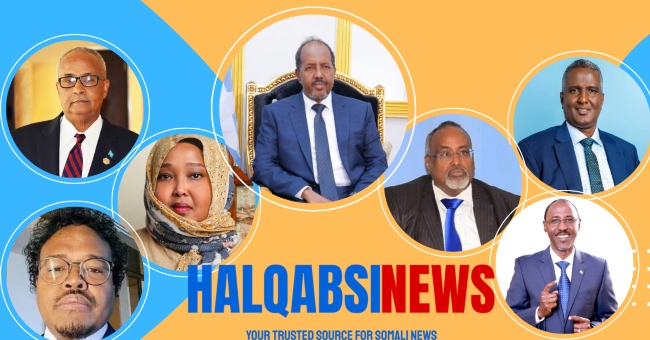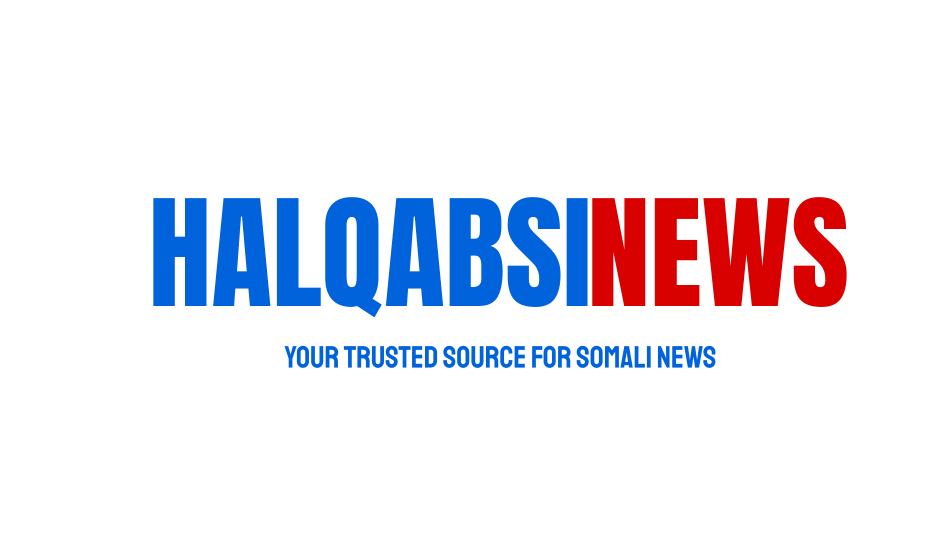(19-04-23) MOGADISHU – The President of the Federal Republic of Somalia, Hassan Sheikh Mahmud, has appointed six special envoys over the past eight months to address a range of issues concerning the Somali community. These appointments have sparked concerns over their potential impact on the Prime Minister’s cabinet, with some critics questioning whether the envoys will assume roles and responsibilities traditionally held by government ministries.
Expert on Somali politics and diplomacy, Dr. Abdullahi Abdi, commented on the situation: “These appointments are not unprecedented, but the frequency and range of issues they cover seem to suggest a shift in the President’s approach to governance. While special envoys can be an effective way to address specific concerns, it is crucial that they work closely with the relevant ministries to avoid potential conflicts and overlapping responsibilities.”
Dr. Farah Ashkir, an analyst focusing on African politics, added, “The president’s decision to appoint multiple special envoys in such a short period could signal his desire to assert more direct control over critical issues. This could lead to tensions within the cabinet and potentially undermine the authority of the Prime Minister and other government officials. Secondly, there is a legitimate concern about the financial responsibility for the “envoys,” considering President Hassan Sheikh’s government’s reported financial struggles.”
The appointments include Abdirahman Abdishakur Warsame as Special Envoy for Somalia’s Drought Emergency, Abdisalam Omar Hadliye as Special Envoy for East African Community Integration, Khadar Abdirahman Faroole as Special Envoy for Trade and Investment between Somalia and the World, Mohamed Abdi Waare as Special Envoy for Stabilization and Protection of Civil Affairs in Liberated Areas, Abdikarim Hussein Guled as Special Envoy for Talks between Somalia and Somaliland, and Maryan Yasin Haji Yusuf as Special Envoy for Children and Immigrant Rights.
International relations expert Prof. Fatuma Hassan added, “Special envoys can bring more focus and attention to specific issues, but they should complement the work of government ministries, not undermine or duplicate their efforts.”
As special envoys traditionally represent states or international organizations on a temporary basis, their role in diplomacy has often been significant yet discreet. Currently, special envoys are part of the United Nations (UN) structure, and similar roles exist in regional organizations such as the European Union (EU) and the African Union (AU).
It remains to be seen how these appointments will impact the existing government structure and its relationship with the international community. If managed effectively, the envoys could provide an opportunity for the Somali government to address key concerns more directly. However, clear communication and cooperation between the envoys and the relevant ministries will be crucial in ensuring the success of this approach.
© Halqabsi News













